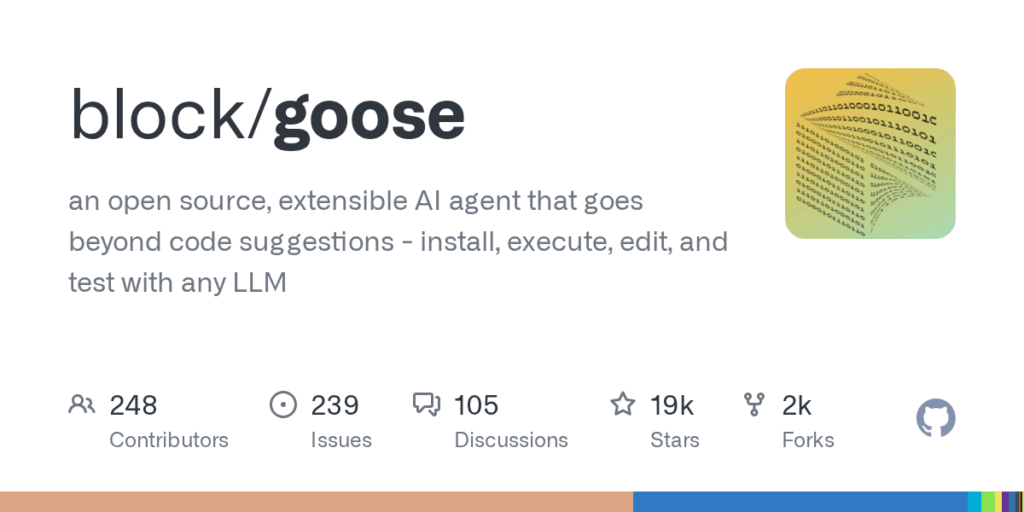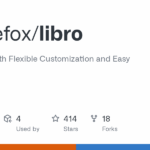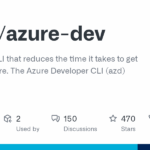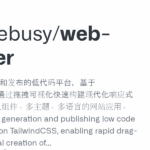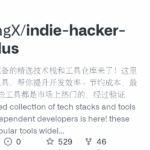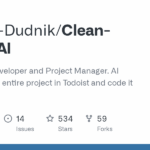goose
Basic Information
goose is a local, extensible, open source AI agent designed to automate complex engineering and development tasks on a developer's machine. It can build entire projects from scratch, write and execute code, debug failures, orchestrate multi-step workflows, and interact with external APIs autonomously. The project emphasizes flexibility: it works with any LLM, supports multi-model configuration for performance and cost optimization, integrates with MCP servers, and is distributed as both a desktop application and a command-line interface. The repository provides documentation, quickstart guides, and tutorials aimed at developers who want an on-machine assistant for prototyping, refining codebases, and managing engineering pipelines.
Links
Stars
18717
App URL
Github Repository
Categorization
App Details
Features
Local, extensible AI agent capable of end-to-end engineering automation including project scaffolding, code generation, execution, and debugging. Autonomous workflow orchestration for multi-step development tasks and API interactions. Multi-LLM compatibility and multi-model configuration to balance cost and performance. Integration with MCP servers for model control and routing. Available as both a desktop app and a CLI for different developer workflows. Open source licensing and documentation including quickstart, installation, and tutorials. Community channels and resources are provided such as Discord, YouTube, and social profiles for support and collaboration.
Use Cases
goose helps developers accelerate engineering workflows by automating repetitive and complex tasks from conception through execution and testing. It can prototype ideas, scaffold and refine codebases, run and debug code locally, and coordinate sequences of actions without constant human direction. Multi-model and LLM-agnostic support enables users to optimize for cost and performance while MCP integration allows connection to model serving infrastructure. Availability as a desktop app and CLI offers flexible integration into existing developer environments. Documentation, tutorials, and community channels support onboarding and adaptation to team workflows.

